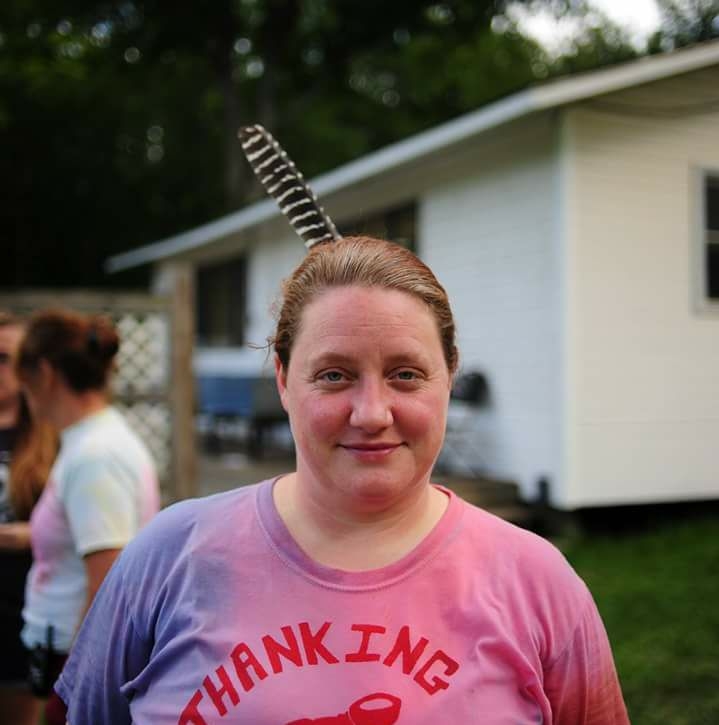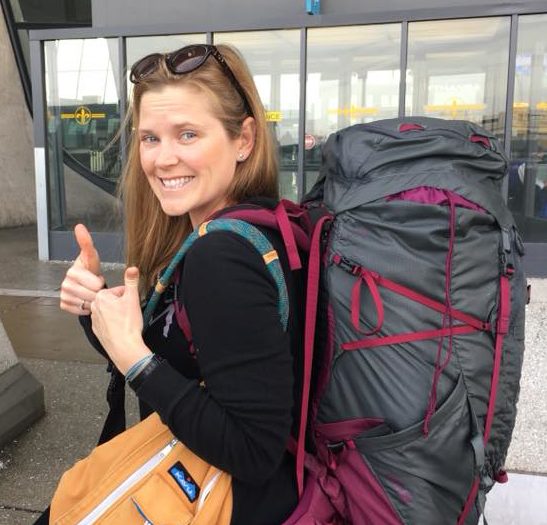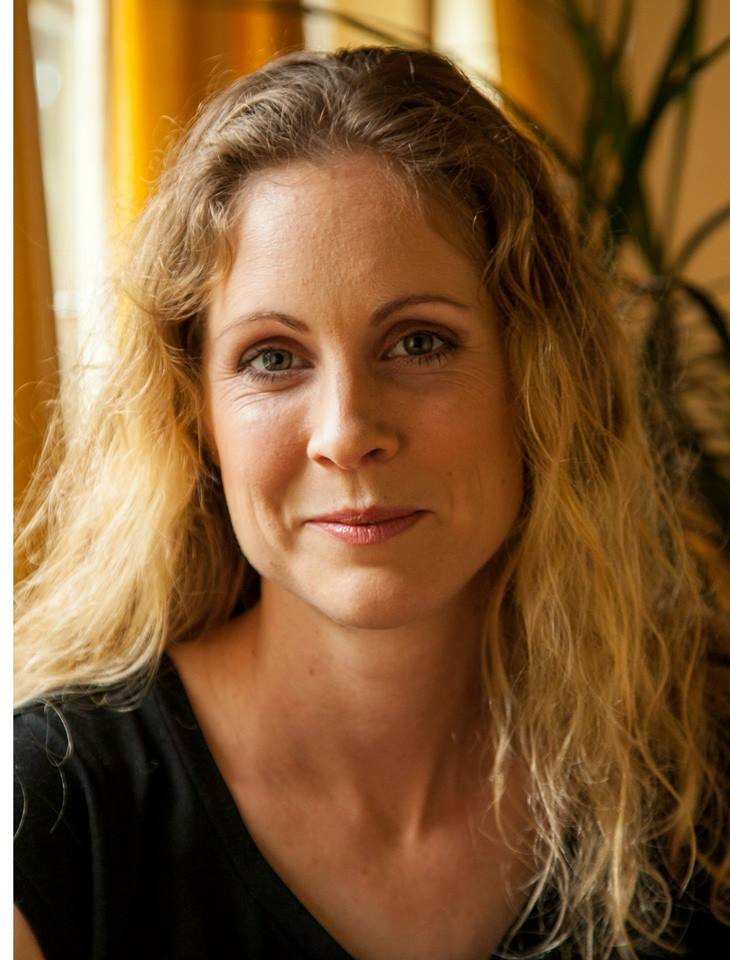There’s no two ways around it: parenting is part of being a camp staff at resident camp. You are living in a bunk in which you are in charge- which sounds good until you realize that all that means is you are responsible for everyone and everything that happens to fall under that roof.

WHAT IT TAKES TO BE A PARENT, from Leah
There are 3 key domains to parenting:
- Boundaries, also known as Role Modelling. A parent allows a child to share everything with them, good, bad, or indifferent. They take on the problems and anxieties of the child, and offer advice, guidance, or support as needed. But it’s not a two-way street. The parent’s bad choices, anxieties, fears, or indulgences are not shared with the child. Boundaries protect the parent’s role as a positive ROLE MODEL, someone the child can emulate and look to for support. Failing to have boundaries can result in many negative outcomes- children that copy a parent’s poor choices, lack trust in the parent to be able to help them with their own problems, or perhaps most unfortunate, the child taking over the role of caregiver for the parent.
- Structure and Routine. Children don’t wake up in the morning with an idea of how they need to organize the day- and part of the parents’ role is to help them learn how to start doing that. For younger children- or for our all our children who have neurological challenges- this is going to require imposed structures (schedules), repeated instructions, answering questions that have already been asked, making sure that breaks are taken, meals are eaten, telling them what they need to wear, pack, write, clean, eat…. I think when people say “it takes a lot of patience to be a parent” what they really mean is “you have to spend a lot of your own time structuring someone else’s life when you’re a parent”. Not to mention they don’t necessarily appreciate your efforts in doing so.
- Positive Discipline and Authoritative Leadership. Being a boss of anyone is not an easy task. All humans have their own motivations and make their own choices. Being the boss of someone who is still figuring out how to “human” is a massive challenge- as you have heard many times, parenting is the hardest job you’ll ever have. Try to think of your job as a parent as you might think of your job as a supervisor. You need to bring out the best in your people, letting them be themselves while encouraging them to make good choices. This means that there have to be expectations and goals to look to- imagine showing up for work and not being told at all what you were meant to be doing, how you would be evaluated, or even when (if) you would ever be paid? It also means there have to be consequences for choices that negatively effect others. You can’t keep your job if you never show up, because other people have to make up for your work. But, what about if you lose your temper at work, or just do a poor standard of work? Feedback and lesser interventions should be geared towards improving performance and getting the child to become more self-aware and responsible for the consequences of their actions- not about humilation, power, or retaliation (what happens to bosses who treat their employees that way?)
There are many many resources that you can look to if you want to spend more time thinking about what would make YOU your best parent. Know that we all do it somewhat differently – and that is the right way, because you are your best parent when you are your best self. The main thing to focus on is feeling confident in your ability to not just care about others, but to lead them- and to understand what that means you are responsible for.

What is takes to be a Substitute Parent, Thea
Check out this video with Thea Mullis (Travel Director) and Ryan McSherry (Unit Leader, Girls):

YOUR LIFE AS A CAMP COUNSELOR, by Caron.
Each summer parents pack their children’s bags and send them off to camp for anywhere between one and nine weeks of the summer. This is a huge show of trust in the camp, it’s management and you as the counsellors/specialists who will be living with and looking after their child during this time.
As one of the people who will spend each day with these campers you take on the role of camp parent. The camper will rely on you for guidance, support and help with a varied and long list of tasks ranging from the practical; helping them find their missing shoe in the morning to the emotional; comforting them when they are homesick or feeling left out of an activity.
Remember in your bunk or classroom, you are in charge. It is your responsibility to make sure the camper is safe, healthy and having fun. While this is a significant responsibility you have all been identified as having the potential to fulfill this role.
You may feel more comfortable thinking of yourself as the bigger brother/sister or wise family friend. However you classify it, there are certain important qualities of being a ‘parent’ that you need to consider.
· Providing structure and boundaries
The daily routine is an important tool in your ‘parenting’ tool belt. It sets a framework for where the campers have to be and when. They will flourish when they know what is expected of them. This is the same for the bunk rules, they create the boundaries for the campers to feel safe and confident. You will then be responsible for maintaining those boundaries and re-directing or reminding them when they find themselves outside of those boundaries.
· Being consistent
o If you enforce a rule one day but not the next, campers will find this confusing and or will realise that they can push your boundaries and challenge you. This makes it a much more difficult environment to live and work in for you and the camper. Consistency is key!
· Being a good role model
The campers will watch you and copy what you do, good and bad! This means you need to be aware of how you act around them so that you are providing positive examples. It also follows you after camp finishes with social media contact, be aware of what you share!
· Treating every child equally
You may well have a favourite camper on any given day or camp session but it is essential that this is not apparent to the other campers. Think about how you would feel if your parent told you that you were not their favourite! You need to treat all your campers in a way that makes them all feel special.
· Managing conflict
It is your place to step in when campers in your bunk or class are not getting along. This might be a gentle reminder of how to speak nicely to each other or helping a camper see the perspective of the other to resolve an argument.
· Feeling pride in their accomplishments
You will have that ‘proud parent’ feeling when you witness your campers overcome a fear, achieve a goal, make a friend. It is a feeling that will stay with you long after camp is finished!
Articles:
10 Things Great Parents Do: https://www.psychologytoday.com/us/blog/what-great-parents-do/201501/10-things-great-parents-do
10 Things you ARE and AREN’T responsible for as a parent: https://www.empoweringparents.com/article/parenting-responsibilities-10-things-you-are-and-arent-responsible-for-as-a-parent/
9 Steps to More Effective Parenting: https://kidshealth.org/en/parents/nine-steps.html